Time Tunnel, the latest collection of the masterful Eileen Chang, furthers the English-language legacy of a writer dedicated to documenting life as it is lived: the multiplicity, the manifold, the vertical and horizontal journeys, the era as it intersects with the individual. Putting together both fictions and non-fictions, translators Karen S. Kingsbury and Jie Zhang present the late Chinese author in her many stylistic and thematic shades, cementing her contemporaneous concerns with her literary heritage, her peripateticism with her depth, and her reputation with her idiosyncrasy. In this interview, they speak on their intimate collaborative process, the global spread of Chang scholarship, and the aspects of self that they brought to this text.
The Asymptote Book Club aspires to bring the best in translated fiction every month to readers around the world. You can sign up to receive next month’s selection on our website for as little as USD20 per book; once you’re a member, join our Facebook group for exclusive book club discussions and receive invitations to our members-only Zoom interviews with the author or the translator of each title.
Hongyu Jasmine Zhu (HJZ): How did the two of you first come to Eileen Chang’s work? What first drew you to her writing, and what keeps drawing you back to it?
Karen S. Kingsbury (KSK): I have a really long answer, because I’ve been working on Eileen Chang now for about three decades. I first got attracted to her when I was in graduate school in New York City; I was on a mission to find a modern Chinese writer—preferably a woman writer—who would really hold the attention of English department professors, the ones I had been trained under as an undergraduate, whom I would describe as fairly old-fashioned and very Britain-focused in their sense of literary value. So I basically had a chip on my shoulder. I was like: I want to show you that there are good things outside of English, that there are great things in China.
I feel that many years later, a lot of that has been accomplished—certainly not by me, but by Eileen Chang, and by a very large community of readers and translators. So I just want to let people know that Love in a Fallen City (which is not in this volume, but is in an earlier volume I worked on) is now in the Norton Anthology of World Literature. It was also saluted in Granta, which I have a lot of respect for, as “The Best Book of 1943.” And Goodreads, which is an interesting barometer of interested readers from a lot of different backgrounds, not only describes Eileen Chang as having a stark and glamorous vision, but calls her “a modern master.” So I think that some of my initial incentives have been seen through to fruition, and I’m really excited about that. READ MORE…

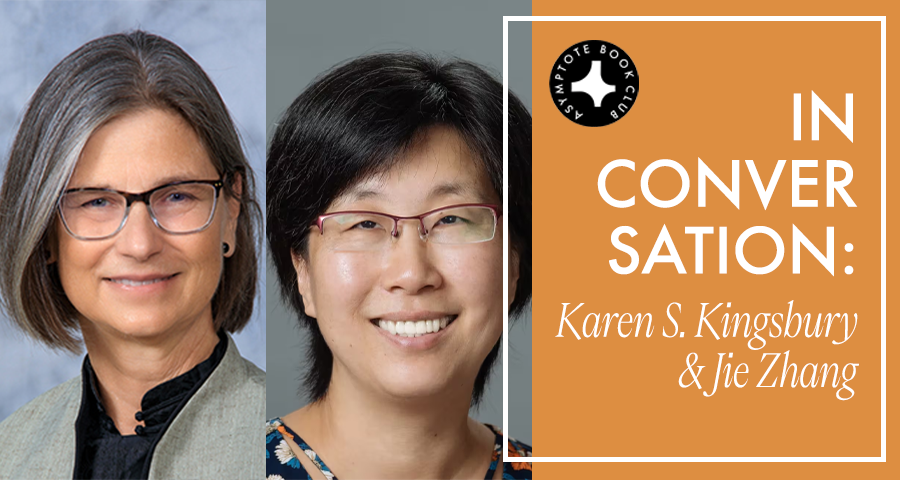
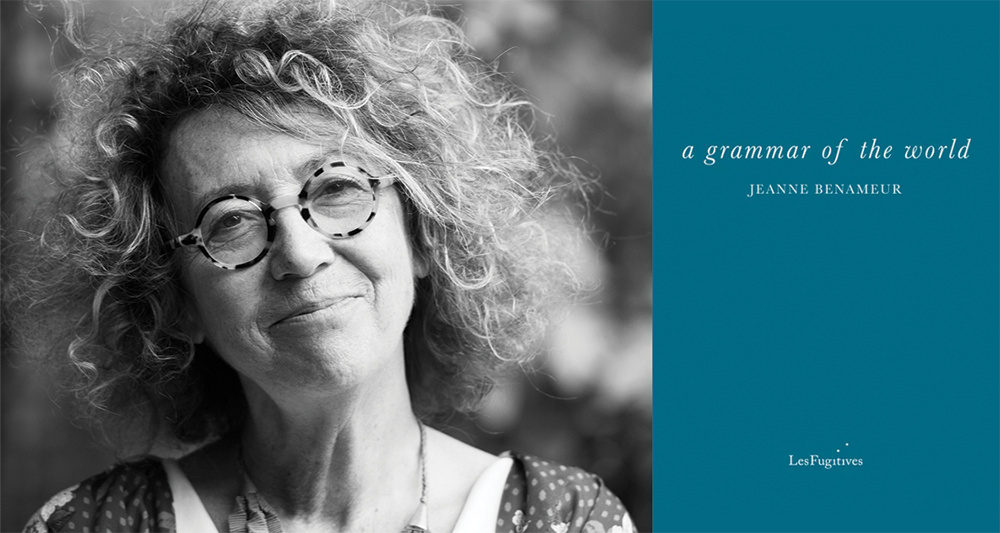
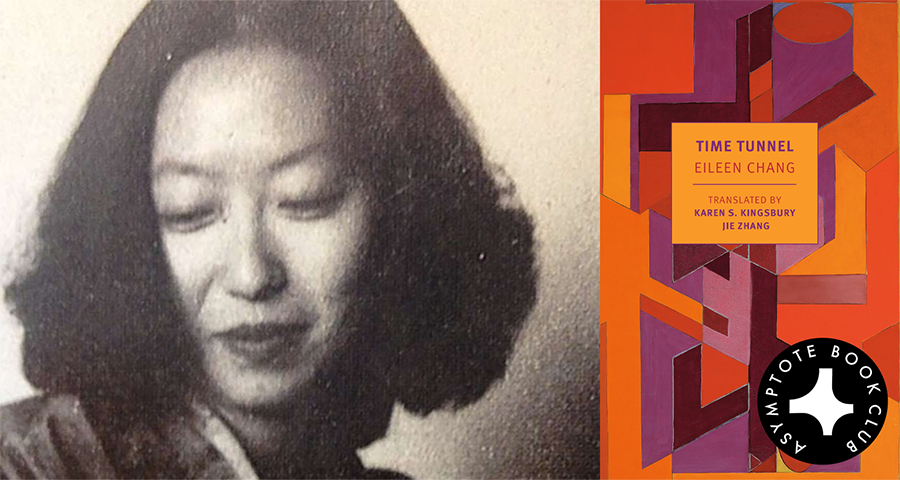

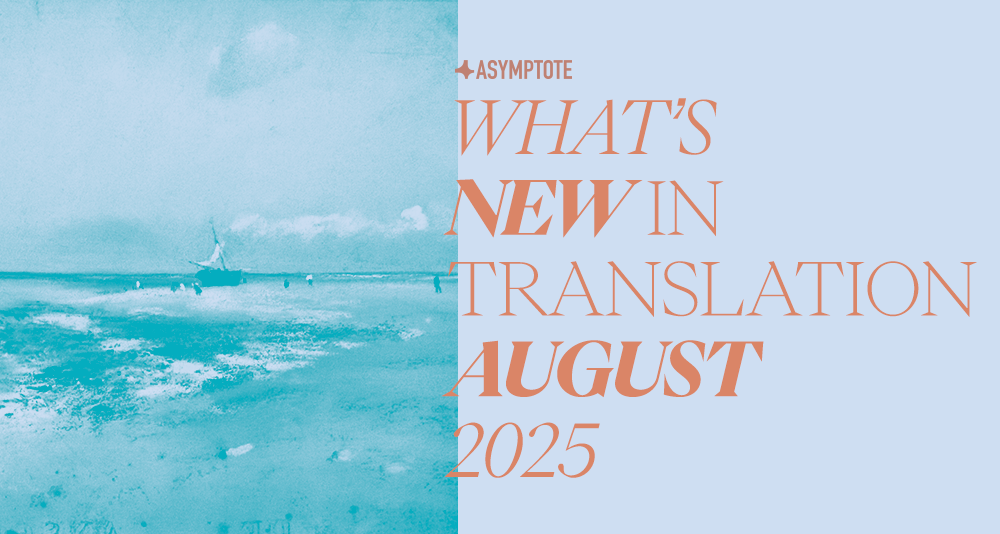
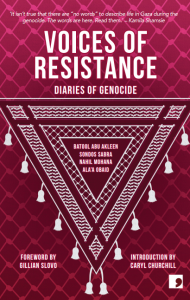
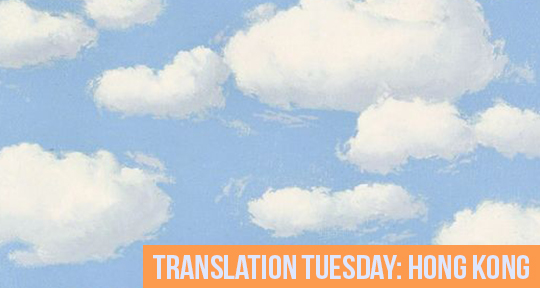
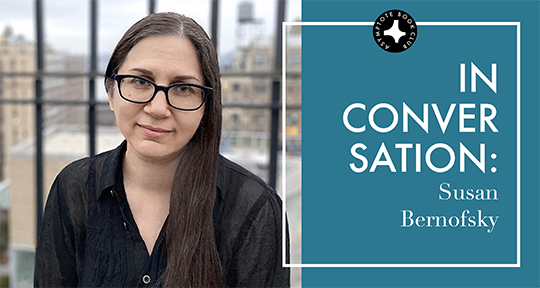
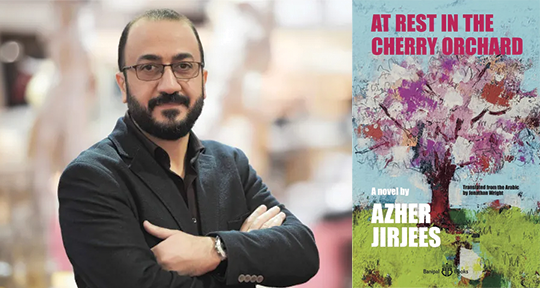
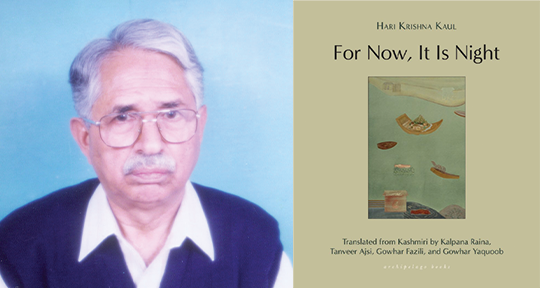
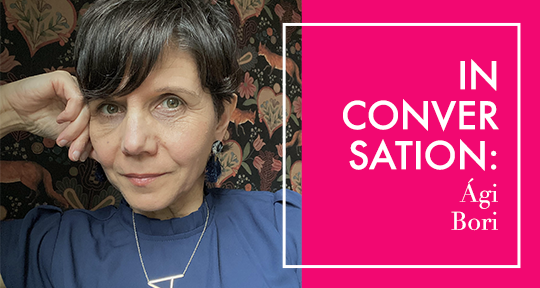

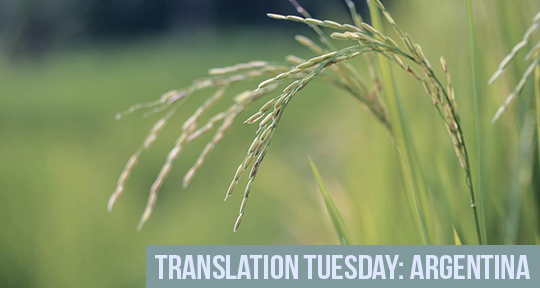
Announcing Our September Book Club Selection: A Long Walk From Gaza by Asmaa Alatawna
Alatawan’s novel is both personal and political; at its heart, it’s a story about freedom.
In Asmaa Alatawna’s mesmerizing and clear-sighted debut novel, A Long Walk from Gaza, the long journey of migration is revealed as a dense mosaic of innumerable moments—a gathering of the many steps one takes in growing up, in fighting back, and in learning the truths about one’s own life. From the Israeli occupation to the daily violences of womanhood, Alatawna’s story links our contemporary conflicts to the perpetual challenges of human society, tracking a mind as it steels itself against judgment and oppression, walking itself towards selfhood’s independent definitions. We are proud to present this title as our Book Club selection for the month of September; as Palestine remains under assault, A Long Walk from Gaza stands as a powerful narrative that resists the dehumanizing rhetoric of war.
The Asymptote Book Club aspires to bring the best in translated fiction every month to readers around the world. You can sign up to receive next month’s selection on our website for as little as USD20 per book; once you’re a member, join our Facebook group for exclusive book club discussions and receive invitations to our members-only Zoom interviews with the author or the translator of each title.
A Long Walk From Gaza by Asmaa Alatawna, translated from the Arabic by Caline Nasrallah and Michelle Hartman, Interlink Publishing, 2024
There are some books that grab you from the very first line and hold your attention tight, right through every single word to the end; even once you’ve finished reading them, they keep delivering with their exquisite phrasings and stunning imagery, their deft, original storytelling. Asmaa Alatawna’s A Long Walk from Gaza, co-translated by Caline Nasrallah and Michelle Hartman, is one such novel. Through her enthralling and thoughtful prose, Alatawna unfolds idea after idea, fact after fact, emotion after emotion, recounting a tumultuous upbringing and journey that moves with both personal and universal resonance.
A Long Walk from Gaza is Alatawna’s debut in both Arabic and English—a semi-fictionalized, coming-of-age novel. Originally published in 2019 as Sura Mafquda, it explores the struggles of a teenage Gazan girl as she rebels against her surroundings, both at home and at school, and her heartbreak as she leaves Gaza for a new life in Europe. Her escape doesn’t resolve her problems but instead introduces new challenges, revealing the persistent, ongoing internal conflict of exile. While portraying life and a childhood under Israeli occupation and oppression, Alatawna also takes an incisive, knowing look at the patriarchal system of her own people. READ MORE…
Contributor:- Ibrahim Fawzy
; Language: - Arabic
; Place: - Palestine
; Writer: - Asmaa Alatawna
; Tags: - exile
, - feminism
, - Interlink Publishing
, - liberation
, - migration
, - occupation
, - social commentary
, - War
, - Women Writers